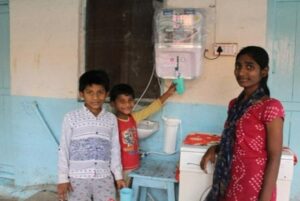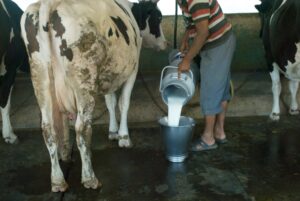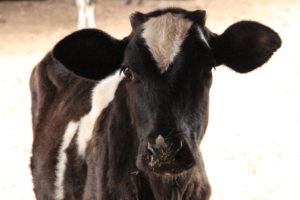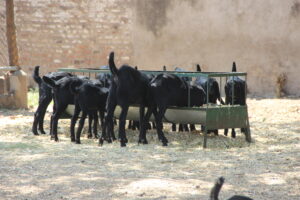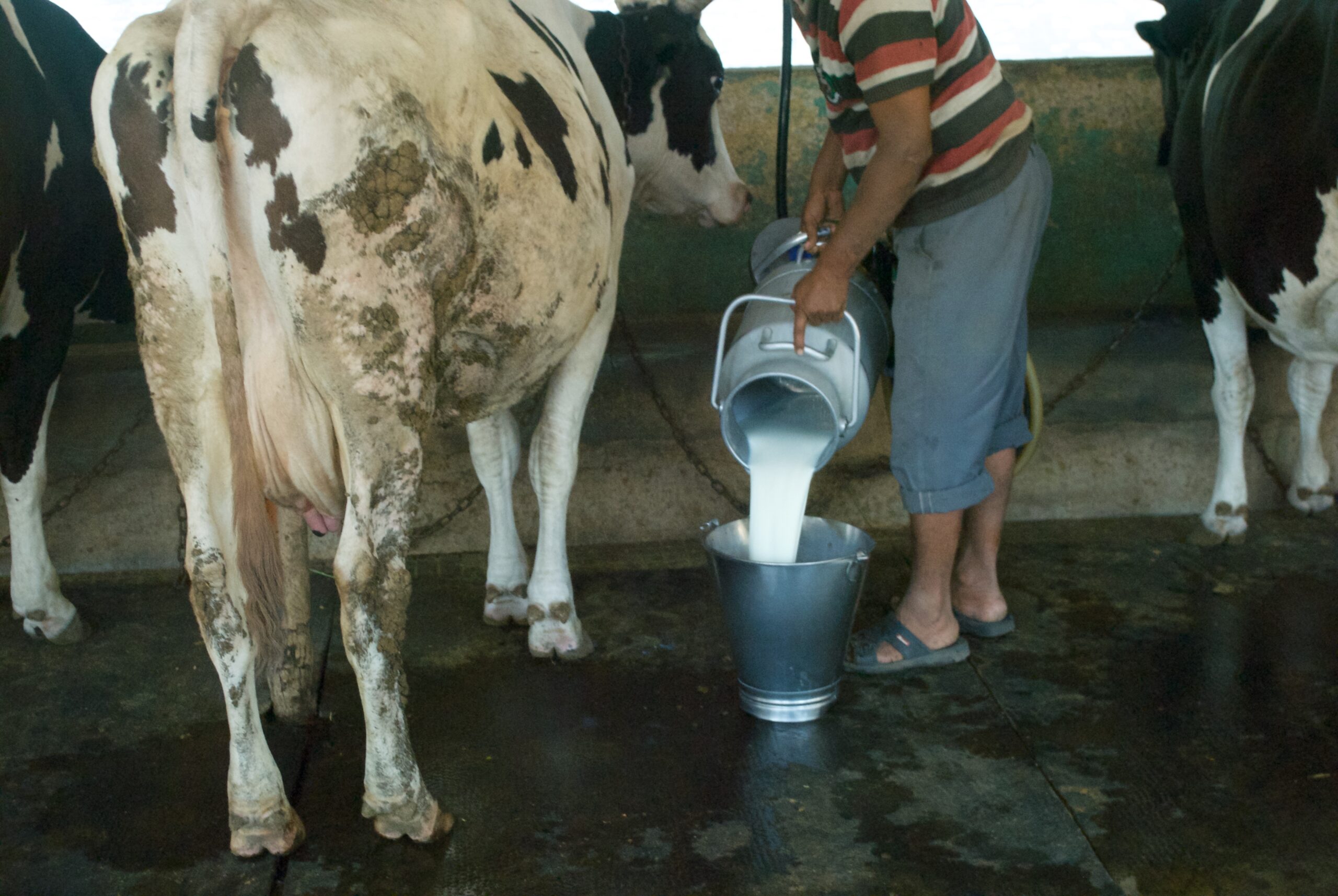
Dairy farming in India is both a traditional practice and a burgeoning industry. With a vast population and diverse agricultural landscape, India has been a significant contributor to the global dairy market. However, despite its potential, Indian dairy farmers face numerous challenges, ranging from environmental concerns to economic constraints. In the face of these challenges, utilizing eco-friendly farming and dairy techniques has emerged as a promising solution.
One dairy farm working toward utilizing eco-friendly farming and dairy techniques is the dairy at the Pandita Ramabai Mukti Mission, a pioneering initiative moving toward sustainable dairy farming practices. Founded on the principle of social responsibility, Mukti Mission emphasizes the importance of utilizing eco-friendly technologies and methods to enhance productivity while minimizing environmental impact.
One of the primary challenges faced by Mukti’s dairy farm is the pressure on natural resources. The region surrounding the Pandita Ramabai Mukti Mission has a growing population. This places an increasing demand for dairy products, furthering the strain on land, water, and feed resources. Additionally, intensive farming practices often lead to soil degradation, water pollution, and deforestation, exacerbating environmental issues. To address these challenges, Mukti’s dairy farm is increasingly adopting eco-friendly farming and dairy techniques prioritizing sustainability and resource efficiency.
At the heart of Mukti Mission’s dairy is the concept of an eco-friendly farm, where innovative practices such as organic farming, drip irrigation, and waste recycling are integrated into dairy operations. By adopting organic farming methods, dairy farms reduce reliance on chemical fertilizers and pesticides, thereby preserving soil health and biodiversity. Agroforestry, which involves planting trees alongside crops and pastures, not only provides shade and fodder for livestock but also helps mitigate climate change by sequestering carbon dioxide.
The Pandita Ramabai Mukti Mission has also diversified its flock by adding goats to the mix. The milk from goats is nutritionally of a better quality, the goats provide milk for more years, and when the goat stops yielding milk they can be used to supply food.
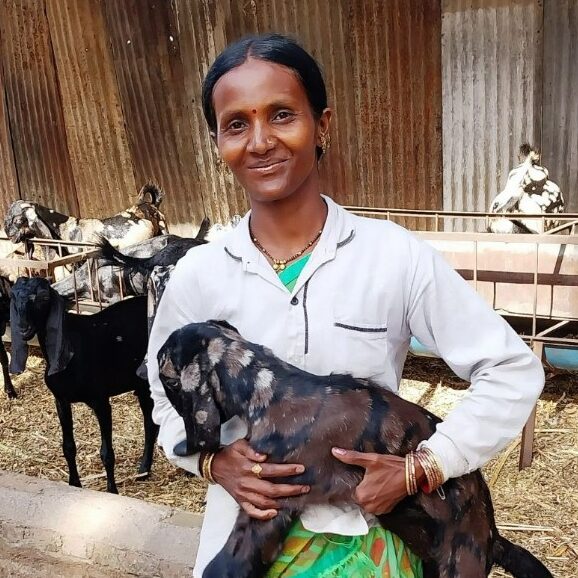
Furthermore, the Mukti Mission encourages its dairy farm to maximize resource utilization through efficient feed management, water conservation, and renewable energy generation. By harnessing solar power the farm can reduce their dependence on fossil fuels and minimize greenhouse gas emissions. Additionally, by implementing rainwater harvesting and drip irrigation systems, Mukti’s dairy can optimize water use and mitigate the impact of droughts and water scarcity.
In conclusion, while dairy farming in India faces numerous challenges, the Pandita Ramabai Mukti Mission’s dairy adoption of eco-friendly dairy techniques offers a path towards sustainable development. Initiatives like the Mukti Mission demonstrate the potential for integrating environmental stewardship with dairy production, thereby ensuring long-term viability. By embracing innovation and collaboration, Mukti’s dairy can overcome challenges and pave the way for a more sustainable future.


